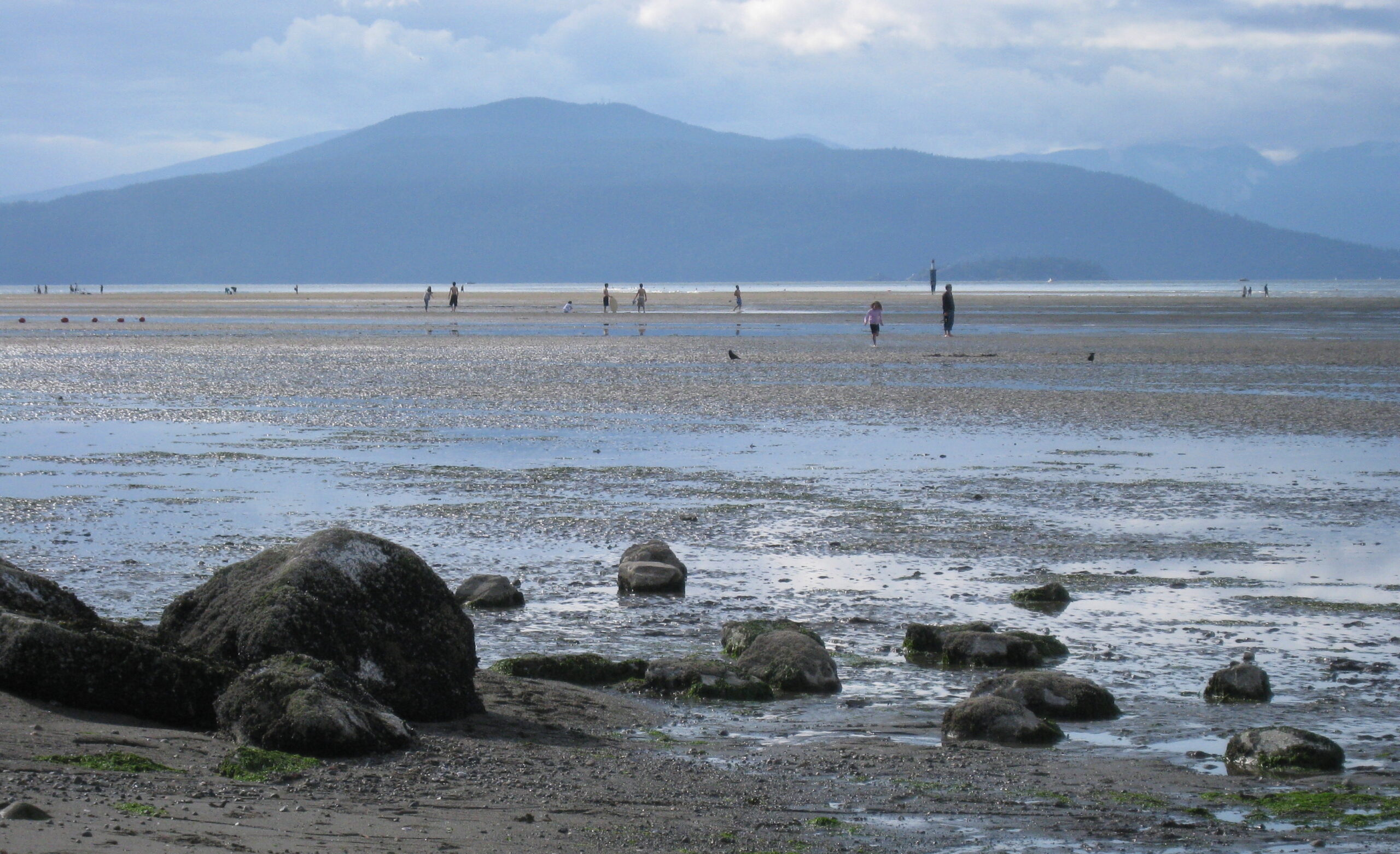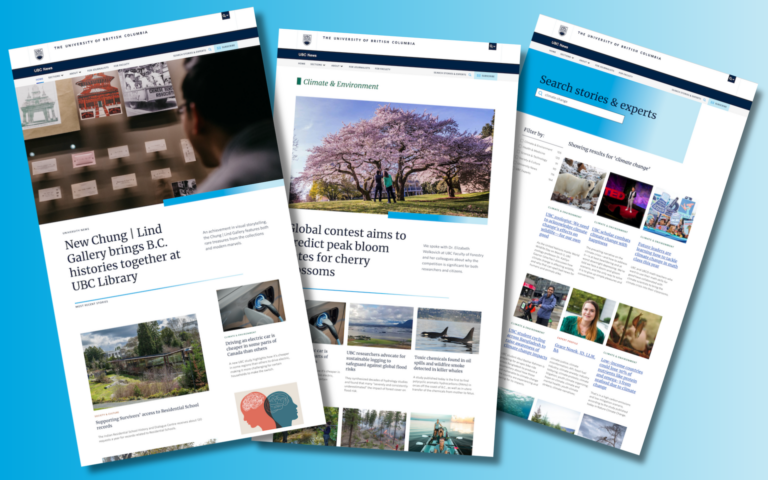Learning doesn’t stop when summer vacation begins
We spoke with Prof. David Anderson of UBC’s department of curriculum and pedagogy about the learning opportunities summer presents.


School’s almost out for summer vacation, but that doesn’t mean the learning has to stop.
Summer vacation provides a break from formal, structured learning, but allows for the sort of informal learning that comes much more naturally to human beings, says Prof. David Anderson of UBC’s department of curriculum and pedagogy.
Prof. Anderson has researched informal learning and how certain experiences can stick with us for decades. We spoke with him about the learning opportunities summer presents.
How can parents and caregivers support informal learning during summer with limited resources?
We’re blessed here in Vancouver with such a fantastic natural environment. There are a tremendous number of rich natural spaces which are free to access. For example, I see hundreds of people out at Spanish Banks at low tide when the tidal flat goes way out to what looks like almost the North Shore. There’s a wealth of interesting little things out there if you get the chance to walk out.
For instance, the Capilano River Hatchery is free to access, and in salmon season you can see the run up the fish ladder to the spawning tanks. There are also many free museum-based institutions, like the Britannia Shipyards in Richmond, which is a fantastic interpretive Centre that recreates some of our past from the 1800s and 1900s. You can go to the Gordon MacMillan Southam Observatory in Vanier Park and look at the night sky.
What has your research shown about how people learn in these informal situations?
One of the biggest factors is who you’re with. We are social beings and we tend to learn socially. You might go with your family, you might be taking your elderly mother out, you might be a grandparent taking the grandkids out. That social dynamic is pretty key to how we experience the day. And so is the social context when we get to these spaces. As we interact with tour guides and staff, and strike up casual conversations with other visitors, that’s influencing the learning.
I preach to museums all the time when they’re in the developmental phase about the importance of the cafe. The cafe is not about the exhibits or anything else in the museum, it’s a social space to withdraw. As people withdraw from the intended experiences, they’re having other kinds of experiences that are actually very important, because it fits into the entire discourse of the day, which is ultimately what’s remembered.
Does everyone remember it differently?
Whoever you were at the time of experiencing something, that’s the lens that you filter it through, even years later after you’ve long since changed. Our identities continually change across the lifespan and we have different interests. So who you are, what you’re interested in, what you value—these things dynamically interact with the environment you’re in to support the development of new learning outcomes and new knowledge.
How can we use this idea to optimize experiences for children?
We did a study where we took kids to art galleries, science centres and natural history museums, then talked to them about their experiences. Almost exclusively, they talked about the natural history museum. We thought they would remember the science centre because it’s so hands-on. But the natural history museum had things they could readily connect with, like stuffed animals, big dinosaurs and real airplanes. That’s what they talked about and drew pictures about.
We figured out that these things are all familiar to them in their social-cultural world. They have toy stuffed animals, storybooks about dinosaurs, and model airplanes. Everything in that museum was personified in their social-cultural world, so they could make connections really quickly.
As we think about planning summer vacations, ask, “What kind of things can I make connections with in my kids’ worlds? What are they into? Are they into ships? Let’s have a wander around Canada Place and look at these unbelievably big ships that come in every day.” It may not be so obvious, but even subtle connections are drawing cards to pull people into experiences.
And it’s the same for everybody, whether you’re a little kid, a teenager, a middle-aged person or an older person. Connecting with your worlds and interests are very important for the richness of the experience.
Interview language(s): English, Japanese



